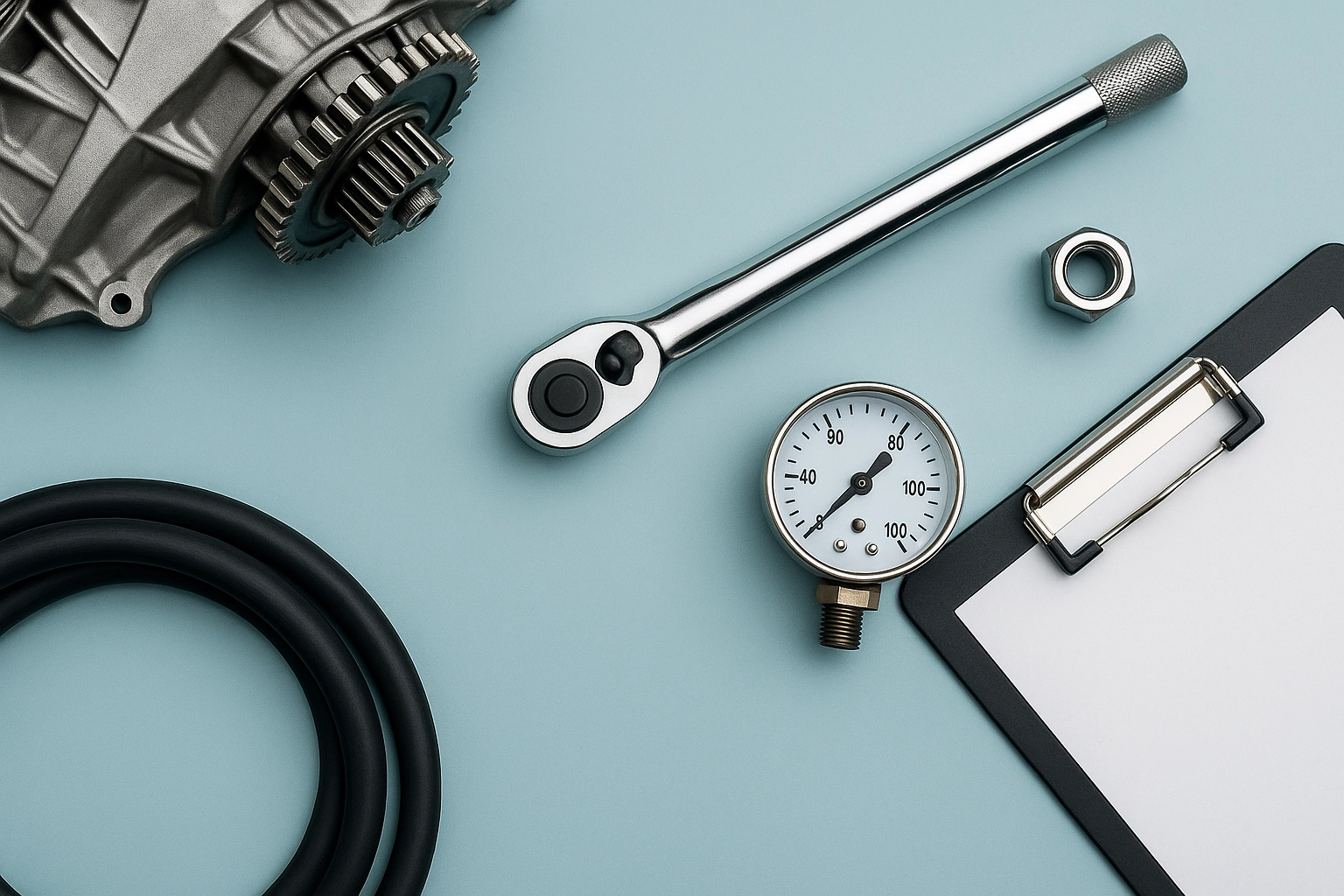ASTM D7583 Cooling System Elastomer Compatibility Test
The ASTM D7583 cooling system elastomer compatibility test is a critical procedure used to evaluate the resistance of rubber-based materials, such as seals and gaskets, against degradation when exposed to automotive coolant. This service ensures that components maintain their integrity under real-world conditions, thereby enhancing vehicle safety and performance.
The test assesses the chemical stability and mechanical properties of elastomers by subjecting them to a mixture of ethylene glycol (EG), water, and inhibitors, which replicate the composition and environment found in automotive cooling systems. This process helps manufacturers identify potential material compatibility issues early on in the development cycle.
The primary objective of ASTM D7583 is to provide accurate, repeatable results that ensure reliable performance over extended periods. Compliance with this standard is essential for suppliers looking to meet stringent OEM requirements and demonstrate product quality across various climates and driving conditions.
During the testing process, samples are immersed in a solution similar to automotive coolant, then exposed to heat cycles designed to simulate typical operating temperatures encountered during vehicle operation. The specimens undergo visual inspections for changes such as cracking, swelling, or discoloration at regular intervals throughout the test duration. Additionally, mechanical tests may be conducted on treated and untreated samples to measure any significant differences in tensile strength, elongation, and hardness.
The results of ASTM D7583 provide valuable insights into how well a specific elastomer will perform under actual use conditions within automotive cooling systems. These findings enable manufacturers to make informed decisions about material selection, process optimization, and product lifecycle management, ultimately leading to safer, more durable vehicles.
Scope and Methodology
The ASTM D7583 test method specifies the procedure for evaluating the resistance of rubber-based materials used in automotive cooling systems against degradation due to exposure to ethylene glycol (EG), water, and inhibitors. This standard is particularly important because it addresses a common issue where elastomers may lose their flexibility or integrity over time when exposed to these chemicals.
The test involves preparing test specimens according to specified dimensions and curing conditions. Specimens are then immersed in a solution consisting of EG, water, and inhibitors at predetermined concentrations for defined periods under controlled temperature cycles. Visual inspections are carried out periodically during the immersion period to detect any signs of degradation such as cracking, crazing, or changes in color.
- Visual inspection: Checking for visible signs of material breakdown like cracks, discoloration, and loss of elasticity.
- Mechanical testing: Conducting tensile tests on both treated and untreated samples to compare their mechanical properties before and after exposure.
The test results are compared against baseline data from untreated controls. Acceptance criteria define the maximum allowable changes in physical properties that still allow the material to be considered suitable for use in automotive applications.
Eurolab Advantages
At Eurolab, we pride ourselves on delivering unparalleled expertise and precision in every service we offer. Our state-of-the-art facilities equipped with advanced instrumentation ensure consistent accuracy across all tests conducted according to international standards like ASTM D7583.
Our team of experienced professionals utilizes cutting-edge technology to conduct rigorous evaluations ensuring reliable data collection. With years of experience in the industry, our staff understands not only what needs to be done but also how best to achieve it efficiently and effectively.
We offer comprehensive support from initial consultation through final report preparation, providing customers with a clear understanding of their materials' performance capabilities. Our commitment extends beyond just meeting standards; we strive for excellence in every aspect of our work.
Quality and Reliability Assurance
- Standard Compliance: Ensuring all tests comply with ASTM D7583 ensures consistency and reliability across multiple laboratories.
- Data Accuracy: Advanced measurement systems guarantee precise data collection, enhancing confidence in results.
- Inter-laboratory Comparability: Standardized procedures minimize variability between different testing environments.





